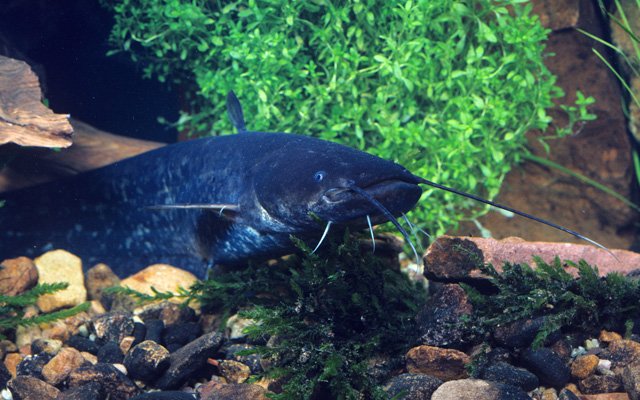As lawmakers look for ways to cut spending from the farm bill, they should go hunting for catfish—the new, not-so-pretty face of government waste.
The Food and Drug Administration (FDA) regulates seafood. However, there will now be a special exception just for catfish, which will soon be inspected by the U.S. Department of Agriculture (USDA). Facilities that process catfish and other seafood will have to comply with both FDA requirements for seafood (not including catfish) and USDA requirements for catfish. This USDA catfish program will cost taxpayers about $14 million annually.
Proponents of this new, burdensome program justify it based on safety reasons. However, both the FDA and Centers for Disease Control consider commercially raised catfish to be a low-risk food. The USDA has stated that salmonella is the primary food safety hazard with catfish. In its analysis, the USDA found only one possible salmonella outbreak connected to catfish, and that was more than 20 years ago in 1991. And that outbreak wasn’t clearly linked to catfish. Put simply, the USDA wasn’t able to identify even one outbreak that could clearly be linked to catfish.
The Government Accountability Office, not known for using strong language, hasn’t been shy to suggest that Congress repeal the new USDA catfish inspection system because it would save taxpayer dollars without affecting safety.
Trade Implications
Currently, domestic and imported catfish must meet the same FDA regulatory requirements. Under the new inspection program, foreign exporters wouldn’t be able to sell the catfish that we already receive until the USDA works with other countries to establish an equivalent regulatory system.
Assuming these countries decide to meet these requirements, it could take several years to allow these foreign exports back into the U.S. During that time, domestic catfish farmers would have the market to themselves, driving up catfish prices.
Bryon Truglio, a retired chief of the FDA’s Seafood Processing and Technology Policy Branch, stated the problem well:
This group [lobbyists for catfish producers] has bullied Congress into moving catfish regulation to the USDA, making it harder for their foreign competitors to enter the US market. This move is a win for US catfish producers, but ultimately, a loss for American taxpayers and consumers.
Agriculture industries, from milk producers to meat packers, have been opposed to the catfish inspection program, because foreign countries would have an excellent argument that the program violates trade laws because it is a trade barrier, not a measure necessary to protect human health. Accordingly, Vietnam has threatened retaliation, but it isn’t the catfish farmers who would get hurt. As reported by The New York Times:
“Our government is unwilling to sit by as this program is implemented,” the [Vietnamese] trade officials wrote, adding that American exports of beef, soybeans and other goods to Vietnam could suffer as a result.
This program is just one example of the numerous agriculture programs that serve narrow self-interests at the public’s expense. There may be some hope, though: The House farm bill includes a provision to repeal the catfish inspection program.
